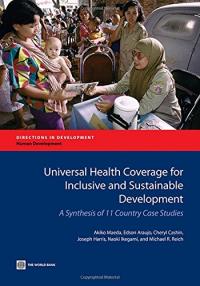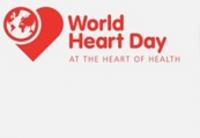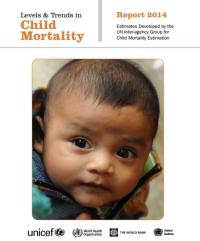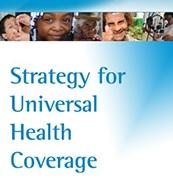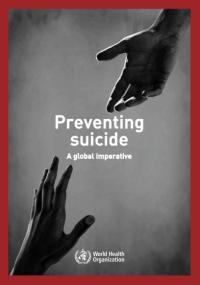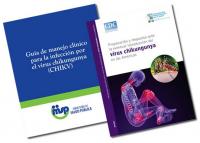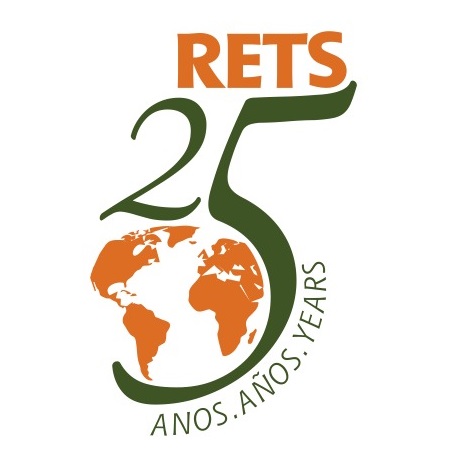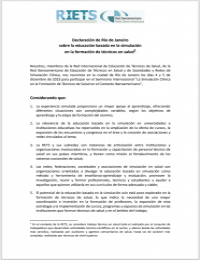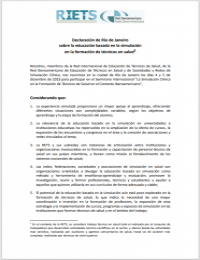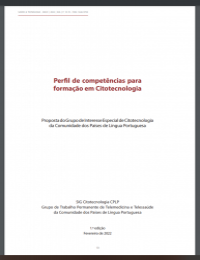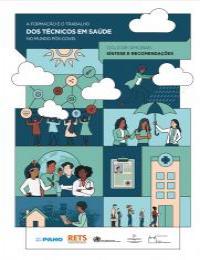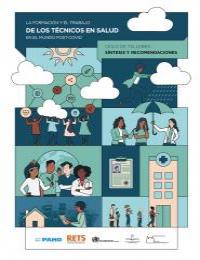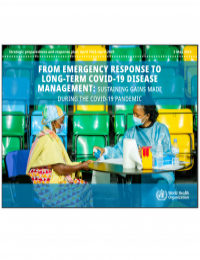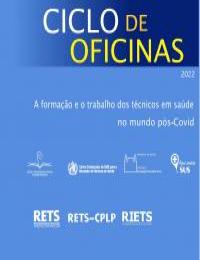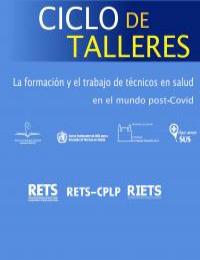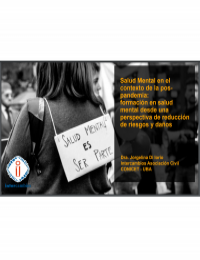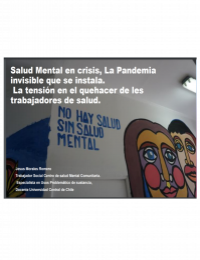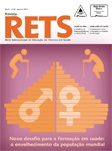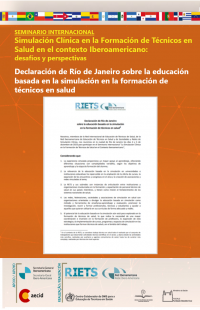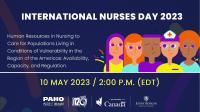The Rio Declaration highlights the importance of clinical simulation and proposes initiatives to incorporate simulation in the courses of all institutions that train health technicians, promoting a humanized and intercultural approach (In Spanish).
-
10/08/2014 - The goals of universal health coverage (UHC) are to ensure that all people can access quality health services, to safeguard all people from public health risks, and to protect all people from impoverishment due to illness, whether from out-of-pocket payments for health care or loss of income when a household member falls sick. Countries as diverse as Brazil, France, Japan, Thailand, and Turkey have shown how UHC can serve as vital mechanisms for improving the health and welfare of their citizens, and lay the foundation for economic growth and competitiveness grounded in the principles of equity and sustainability. Ensuring universal access to affordable, quality health services will be an important contribution to ending extreme poverty by 2030 and boosting shared prosperity in low-income and middle-income countries (LMICs), where most of the world's poor live.
-
10/01/2014 - At the Sixty-seventh World Health Assembly in May 2014, the World Health Organization was requested to develop a Global Strategy on Human Resources for health, to be presented to the Executive Board in January 2016 and finally to the Sixty-ninth World Health Assembly in May 2016. To ensure that the views and contributions of all interested stakeholders are considered in the development of the global strategy on HRH, GHWA is inviting feedback on the 8 thematic papers from all relevant organizations, institutions, networks, civil society groups. This online consultation will be held between 24 September and 16 November 2014.
-
09/26/2014 - On World Heart Day, held 29 September, WHO is calling on countries to take action on the overuse of salt by implementing WHO’s sodium reduction recommendations to cut the number of people experiencing heart disease and stroke, and, in turn, save lives.
-
09/23/2014 - The Institut Pasteur International Division finances traineeship grants to promote and facilitate mobility among scientists (students, researchers and tenured technicians) in any of the Institut Pasteur International Network’s laboratories. The aim of the traineeship is to increase the trainee’s skills and strengthen the capabilities of the candidate’s institute. Until octubre, 15.
-
09/18/2014 - New data released by the United Nations show that under-five mortality rates have dropped by 49% between 1990 and 2013. The average annual reduction has accelerated – in some countries it has even tripled – but overall progress is still short of meeting the global target of a two-thirds decrease in under-five mortality by 2015. New estimates in "Levels and Trends in Child Mortality 2014" show that in 2013, 6.3 million children under five died from mostly preventable causes, around 200 000 fewer than in 2012, but still equal to nearly 17 000 child deaths each day.
-
09/15/2014 - In August, the Pan-American Health Organisation concluded the public consultation stage on the document “Strategy for Universal Health Coverage”, approved in May at the 154th Session of the PAHO Executive Committee. The process, led by the country’s ministries of health, involved participation by civil society, academic institutions and health professionals, who gave their opinions on the proposed model. PAHO reports that all the countries in the Americas region were consulted and that six South American nations – Argentina, Bolivia, Brazil, Guyana, Paraguay and Uruguay – have published consolidated reports.
-
09/04/2014 - More than 800 000 people die by suicide every year – around one person every 40 seconds, according to WHO's first global report on suicide prevention, published today. Some 75% of suicides occur in low- and middle-income countries. Pesticide poisoning, hanging and firearms are among the most common methods of suicide globally. Evidence from Australia, Canada, Japan, New Zealand, the United States and a number of European countries reveals that limiting access to these means can help prevent people dying by suicide. Another key to reducing deaths by suicide is a commitment by national governments to the establishment and implementation of a coordinated plan of action. Currently, only 28 countries are known to have national suicide prevention strategies.
-
08/28/2014 - In order to discuss the main aspects of the Chikungunya epidemic in South America as well as the best strategies to fight the disease, the Pan-American Health Organization (PAHO) and Paraguay’s Ministry of Public Health are promoting a Workshop on Surveillance and Response specifically tailored for the issue. The event, which is supported by ISAGS, is taking place on August 26th and 27th in Asuncion and precedes the meeting of the Technical Group on Health Surveillance and Response (Surveillance TG) of the South American Health Council.
-
08/15/2014 - West Africa is experiencing the largest, most severe and most complex outbreak of Ebola virus disease in history. Ebola outbreaks can be contained using available interventions like early detection and isolation, contact tracing and monitoring, and adherence to rigorous procedures of infection control. However, a specific treatment or vaccine would be a potent asset to counter the virus.Therefore, on 11 August 2014, WHO convened a consultation to consider and assess the ethical implications for clinical decision-making of the potential use of unregistered interventions.
-
08/08/2014 - Prepared by the Ministry of Public Health with support from PAHO/WHO, the guidelines facilitate timely diagnosis and appropriate treatment of the disease. Santo Domingo, Dominican Republic, 17 July 2014 (PAHO/WHO) – For Dr. Andrea Santana, a family doctor at the Plaza de Salud General Hospital in Santo Domingo, the word chikungunya barely existed in her medical vocabulary until a few months ago.

